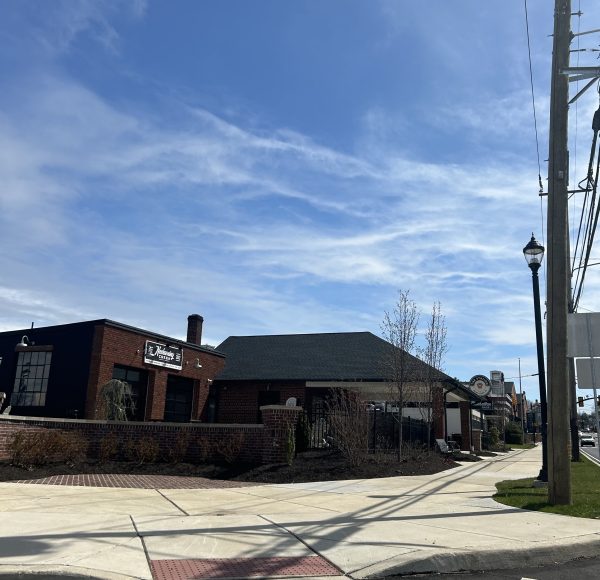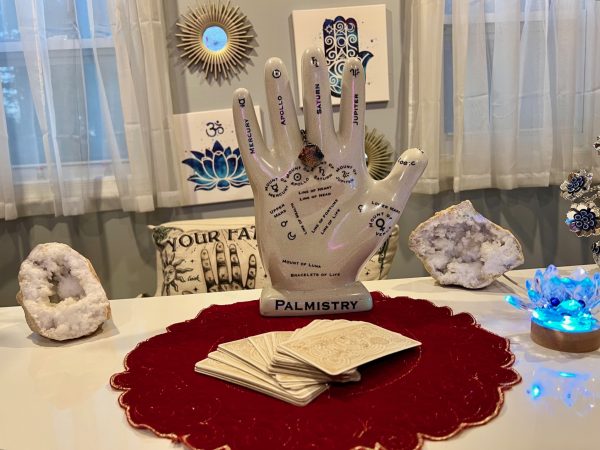Hard Versus Soft Water
Which is Better?
The majority of Pennsylvania has hard water as their water source. In order to define what hard water is, people should already know what soft water is. Soft water is like rainwater, very pure, with its only other ions excluding hydrogen and oxygen being sodium ions. Hard water is quite the opposite; starting as rainwater, it then seeps into the ground and begins to absorb minerals from the underground rocks. This slowly turns the soft water hard.
Soft water has roughly 10-50 ppm (parts per million of calcium carbonate) while hard water is 100-200 ppm making very hard water over 200 ppm. Bucks County, located on the south-eastern side of Pennsylvania, has an average water scale of 64.4 ppm. According to the Bucks County Water & Sewer Authority in the 2019 Annual Water Quality Report, that ppm places Bucks County in the moderately hard range.
Local resident, Bill Coddington, lives in Bucks County and has a home with soft water. When he was moving in, the plumbers said that his water was extremely hard, so in order to save his appliances, he decided to install a water softener. Bill says that his favorite thing about having soft water is, “Soapsuds, and lots of them!” Additional benefits to having soft water include softer clothes and skin, healthier hair, lower energy bill, and prolonged life of washing machines, dishwashers, and water heaters. Knowing this, it is good to keep in mind that soft water can lead to sticky dough (when baking) and can also have a slightly salty taste. People can tell that they have soft water by pouring it into a glass and seeing clear water with small bubbles on the surface.
Vera Schoyer lives outside of Pittsburg and has hard spring water. She states that her favorite thing about hard spring water is, “It is free! We don’t have to pay for our water.” Hard water can be linked to lower cholesterol and a lower risk of cardiovascular disease. It also has a high mineral content, so it can complete some daily dietary requirements such as magnesium and calcium. But this mineral content can also turn your teeth a yellowish tint. The biggest drawback of hard water is scale. Scale is produced as a byproduct and accumulates inside of water pipes. water heaters, etc. People can tell that they have hard water by pouring it into a glass and seeing that there are little to no bubbles and slightly cloudy.
Both hard and soft water have amazing benefits and there is no better choice; it is mainly based on preference. The first thing to do would be to see how many ppm’s are in the water (this will help decide if it should remain as hard water, install a softener, or if it is already soft). From there you can do further research and make whatever choice you feel is best.










